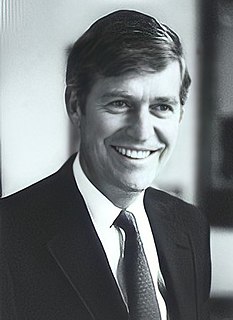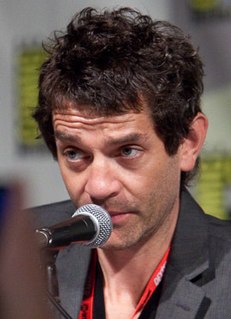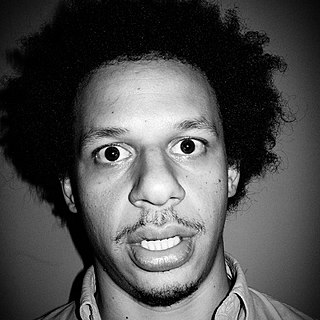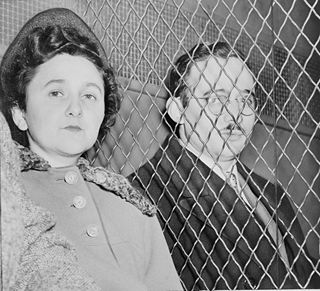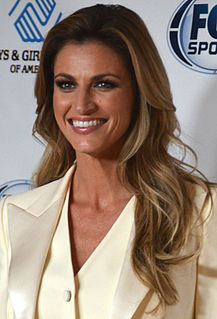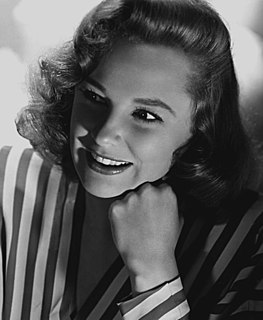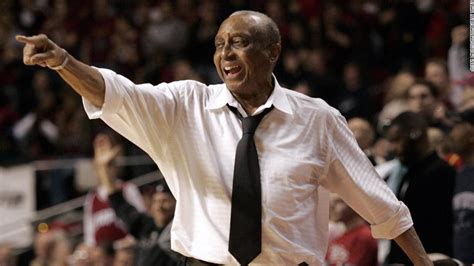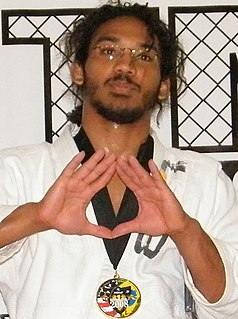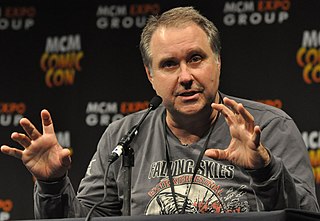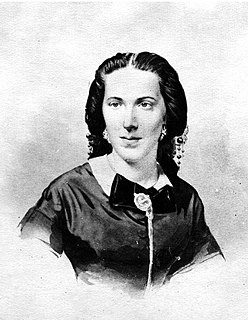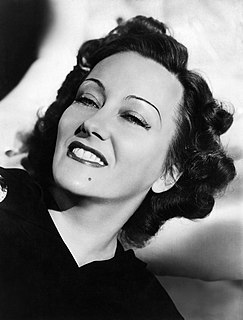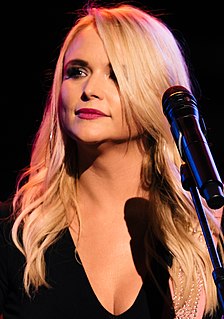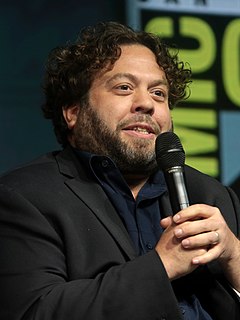Top 1184 Surveillance Cameras Quotes & Sayings - Page 2
Explore popular Surveillance Cameras quotes.
Last updated on April 22, 2025.
Every time my cameras go out on a movie, we learn something new and then we take what we learn and we put it into the next generation of the cameras so we're constantly improving. It's kind of like building a race car, racing it, then running back to the shop and working on the engine some more and tinkering with it to improve it.
Someone recently talked about mass surveillance and the NSA revelations as being the atomic moment for computer scientists. The atomic bomb was the moral moment for physicists. Mass surveillance is the same moment for computer scientists, when they realize that the things they produce can be used to harm a tremendous number of people.
The world of the stage and the performance on the stage usually does not tend to translate very well - it doesn't tend to hold very well - once cameras are on it; it's not like it's terrible or embarrassing or bad anything, but, I, as an actor, would perform a role differently for an audience than I would for just cameras.
Working in 3D I didn't experience much of a difference, except that the cameras are very big so they can't be moved around with as much ease. It was more like, when you've seen photos of cameras from the 1930s being moved around with these huge cranes. So there was something quite sort of old-fashioned about it almost.
At the beginning, people laughed at me because I was using snappies. Sometimes, a celebrity would look at my camera and go, Oh, I've got one of those. I'd feel like handing it to them and saying, Well, you take the pictures then. But I like using snapshot cameras because they're idiot-proof. I have bad eyesight, and I'm no good at focusing big cameras.
... we grapple with this 'law of sin' (Rom. 8:2) and expel it from our body, establishing in its place the surveillance of the intellect. Through this surveillance we prescribe what is fitting for every faculty of the soul and every member of the body. For the senses we prescribe what they should take into account and to what extent they should do so, and this exercise of the spiritual law is called self-control.
It makes sense to have cameras in places where terrorism and crime are of particular concern - such as in Times Square or near major bridges and tunnels. It would be more troubling to learn, however, that the government has focused cameras on the front doors of our homes just to keep track of our comings and goings.
The way social media is now, and people are with cameras - we all live different lives whether you're in the spotlight or not. I mean, you can't be a boss or an executive of a big time company and act a fool, because there are cameras everywhere and people are going to document it and take pictures. I'm not used to stuff like that.
When we have some horrible terrorist attacks happen in some country we see in the recording that follows, that the intelligence community already knew about these people in advance. We know that these countries were involved in intelligence sharing premiums, that they benefited from mass surveillance, and yet they didn't stop the attacks. Yet at the same time we immediately see intelligence officials running to the newspapers and claiming that we need more surveillance, that we need more intrusion, that we need more expense of powers because it could have stopped an attack.
For a period of time, I carried cameras with me wherever I went, and then I realized that my interest in photography was turning toward the conceptual. So I wasn't carrying around cameras shooting stuff, I was developing concepts about what I wanted to shoot. And then I'd get the camera angle and do the job
Nick and Nate Diaz. We're different people, we have different personalities. But I have mad respect for them because that is them. That is Nick and Nate being themselves and not putting on a front. Not acting differently when the cameras on than when the cameras off. I got a lot of respect for Nick and Nate for that reason.
Many of our ally states don't have these constitutional protections - in the UK, in New Zealand, in Australia. They've lost the right to be free from unreasonable search and seizure without probable cause. All of those countries, in the wake of these surveillance revelations, rushed through laws that were basically ghostwritten by the National Security Agency to enable mass surveillance without court oversight, without all of the standard checks and balances that one would expect.
This uses a lens system, which I have used for years in various different ways, but I've never used it in the context of an interview. This is the very first time that I've done that. It's a lens called The Revolution, so it allowed me to interview Elsa [Dorfman] and actually operate the camera. Well one of the cameras, because there were four cameras there.
Abby must have been the one who found the safe house, because Townsend didn't like it. "The building across the street is under construction," he snarled as soon as we'd carried our bags inside. "The elevator has key card access, and I've hacked into the surveillance cameras from every system on the block," Abby argued. "We have a three-hundred-sixty-degree visual." "Excellent." Townsend dropped his bag. "Now the circle can see us from every angle." "Don't mind Agent Townsend, girls," Abby told us. "He's a glass-half-empty kind of spy." "Also known as the good kind," he countered. Abby huffed.
[Marla, Shar and I] all have had very public breakups, so I think people know they can relate with us in one way or another. And this is one of the few reality shows where they didn't have the cameras right in people's faces. Like when we were sitting around the table talking with the divorced people, the cameras were way back. And we just listened. Sometimes people just need an ear.
So they were turning, after all - those cameras. Life, which can be strangely merciful, had taken pity on Norma Desmond. The dream she had clung to so desperately had enfolded her. Norma: You see, this is my life. It always will be! (In a whisper) There's nothing else - just us - and the cameras - and those wonderful people out there in the dark. All right, Mr. De Mille, I'm ready for my close-up.
The combination of the growth of these digital technologies, the ability of the government to conjure up these secret interpretations, plus a very unusual and novel court make for this ever-expanding surveillance state. We so treasure our freedoms; we will regret it if our generation doesn't use this unique time to reform the surveillance laws and make it clear that security and liberty are not mutually exclusive. We can do both.
For a period of time, I carried cameras with me wherever I went, and then I realized that my interest in photography was turning toward the conceptual. So I wasn't carrying around cameras shooting stuff, I was developing concepts about what I wanted to shoot. And then I'd get the camera angle and do the job.
Cameras are dangerous. With no waiting period or background check, any whack-job could just stroll into a Wal-Mart and walk out with a semi-automatic. Now, for years I've been pressing for stricter regulations on cameras, especially around our elected officials. Too many political lives have been cut short by some crazed shooter.
When I was asked to be a part of 'The Face,' I was like, 'This is exactly what I do without cameras.' I didn't find it any different than what I usually do for young girls - giving runway tips or just explaining how the whole industry works - but now you have, like, 19 cameras on you, documenting you while you scratch your nose.
With photography, everything is in the eye and these days I feel young photographers are missing the point a bit. People always ask about cameras but it doesn't matter what camera you have. You can have the most modern camera in the world but if you don't have an eye, the camera is worthless. Young people know more about modern cameras and lighting than I do. When I started out in photography I didn't own an exposure meter - I couldn't , they didn't exist! I had to guess.
I both didn't know Owen [Suskind] beforehand and didn't have any connection to the autistic community. But Owen wasn't really a problem, because he participated in the writing of the book and wanted people to see him as he truly is. As far as the cameras, Owen lives in the moment and the cameras really didn't distract him.
'Mars Needs Moms' was motion capture, where you walk into a space that's essentially a black box with cameras everywhere. It was so technical. You have these mandibles with cameras on your face and a helmet, and you have to hit certain marks. You couldn't shoot this stuff without the green-screen aspect.
My first wedding was 15 people at our condo. The second was maybe about a hundred people at this fabulous casino. And you know what? I have almost no pictures of the second one, because I put disposable cameras on the tables, because everyone said, "The best pictures are the most candid! The best pictures are the ones people just take!" So, I put disposable cameras on the tables, and guess what? There were so many kids there that those cameras were stomped on. I had so many pictures of the floor, of people's eyes, of someone's finger.
